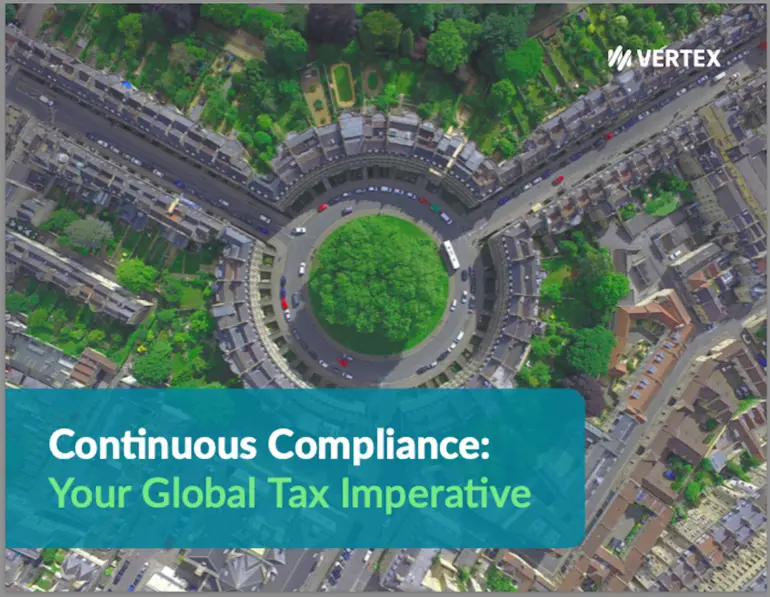Features to Consider When Choosing Financial Compliance & Reporting Tools

In today’s landscape, financial compliance and reporting is more complicated and critical than ever. Organisations are facing increasing pressure to adhere to strict regulations while maintaining accurate and transparent financial practices. Tools like compliance management platforms, compliance software vendors, and financial reporting systems have become essential for effectively navigating these challenges.
Understanding the features to consider when selecting financial compliance and reporting tools will help ensure your business stays compliant while optimising operational efficiency.
What is a Compliance Management Platform?
A compliance management platform is a comprehensive system comprising a variety of tools, including software solution designed to help businesses adapt to legal and regulatory requirements. By centralising compliance processes, these platforms simplify complex workflows and reduce the risk of non-compliance
Especially in environments where regulations are constantly changing, such as in the indirect tax area, compliance management platforms are essential for organisations operating in multiple jurisdictions or highly regulated industries.
Key Benefits of compliance management platforms
- Streamlined compliance processes: automates tasks like document tracking, audit management, and regulatory reporting
- Reduced risk of non-compliance penalties and interest costs: ensures your business meets deadlines and regulatory standards to avoid expensive fines
- Enhanced operational efficiency: reduces manual effort, allowing teams to focus on strategic initiatives
Features to Look for in a Compliance Software Vendor
There are four key features to look for in a compliance software vendor:
- Solution effectiveness
- Reliability and trustworthiness
- Integration capabilities
- Customisation and stability
Solution Effectiveness
The selected solution should have the capabilities and features that are the best fit for the requirements for your business needs. Other factors, including user experience, performance, and security are also important to consider.
Reliability and Trustworthiness
Partnering with a credible compliance software vendor is critical for success. Look for vendors with a proven track record in your industry that is supported by testimonials and case studies. Their reputation and customer support can have a significant impact on your experience.
Integration Capabilities
Seamless integration with financial reporting systems and enterprise resource planning (ERP) tools ensures efficiency. For example, automated data synchronisation minimises errors and eliminates redundant data entry, saving time and resources.
Customisation and Scalability
Every business is unique, so compliance solutions should reflect that. Look for platforms that can be tailored to your specific needs and are scalable as your business grows. This ensures long-term value and adaptability.
H2: Understanding Financial Reporting Systems and Their Role in Compliance
Financial reporting systems are software tools that help businesses collect, process, and analyse financial data for accurate reporting. These systems are essential to regulatory compliance, ensuring transparency and accountability in financial practices.
Core features
- Automated data collection and reporting: reduces manual errors and speeds up reporting processes
- Real-time tracking and dashboards: offers instant insights into financial performance and compliance metrics
Financial reporting has its challenges; many businesses face issues like data silos, outdated systems, and human errors in manual reporting. Investing in modern and updated financial reporting systems eliminates these hurdles and fosters compliance.
Evaluating the Best Compliance and Reporting Tools
A lot goes into choosing the best compliance and reporting tools for your businesses. These are a few key considerations for decision-making:
- Industry-specific regulations: ensure the platform aligns with the regulatory requirements of your sector and countries
- Budget and ROI: balance initial costs with long-term value and efficiency gains
- User experiences and ease of use: tools should be intuitive and empower employees, rather than overwhelming them
Explore different reputable compliance software vendors and their offerings. Speaking with your system integrator or other advisors can provide meaningful information relevant for your business. Viewing case studies that showcase successful implementations can provide insights into how these tools work in real-world scenarios.
Common Mistakes to Avoid When Choosing Compliance Software
It is easy to make mistakes when choosing compliance software. Here are three common mistakes to avoid:
- Overlooking Vendor Support: Post-sale support is crucial for resolving issues and ensuring seamless operation. Try to avoid vendors that do not prioritise and value customer service.
- Ignoring Scalability: As your business grows, so will your compliance needs. Choose a platform that will scale effortlessly and efficiently with your company.
- Failing to Prioritise Integration: Be sure to prioritise integration. Non-integrated systems can lead to inefficiencies and inaccuracies, defeating the purpose of automation.
- Engage Internal Stakeholders: for a successful initiative, it is critical to build awareness and support amongst the key organisations within the business
Conclusion: Final thoughts on compliance and reporting tools
Selecting the right financial compliance and reporting tools is essential for maintaining regulatory adherence and driving operational efficiency. By focusing on features like effectiveness, reliability, integration, and scalability, businesses can make informed decisions that align with their goals. In this article, we discussed:
- What to look for in compliance software vendors
- Understanding financial reporting systems
- Evaluating compliance software tools
- Mistakes to avoid when choosing tools
Ready to strengthen your financial compliance and streamline your indirect tax compliance processes? Explore Vertex’s suite of tax compliance management platforms and related tools to take your compliance strategy to the next level.
Contact Vertex today for a personalised solution tailored to your needs.
Disclaimer
Please remember that the Vertex blog provides information for educational purposes, not specific tax or legal advice. Always consult a qualified tax or legal advisor before taking any action based on this information. The views and opinions expressed in the Vertex blog are those of the authors and do not necessarily reflect the official policy, position or opinion of Vertex Inc.
Unlock the power of Continuous Compliance
As tax administrations modernize, compliance is undergoing significant changes. Ad hoc and homegrown solutions won't suffice for managing the intricacies of global tax. A holistic, centralized approach that unifies your organization's tax compliance is crucial.
Learn More